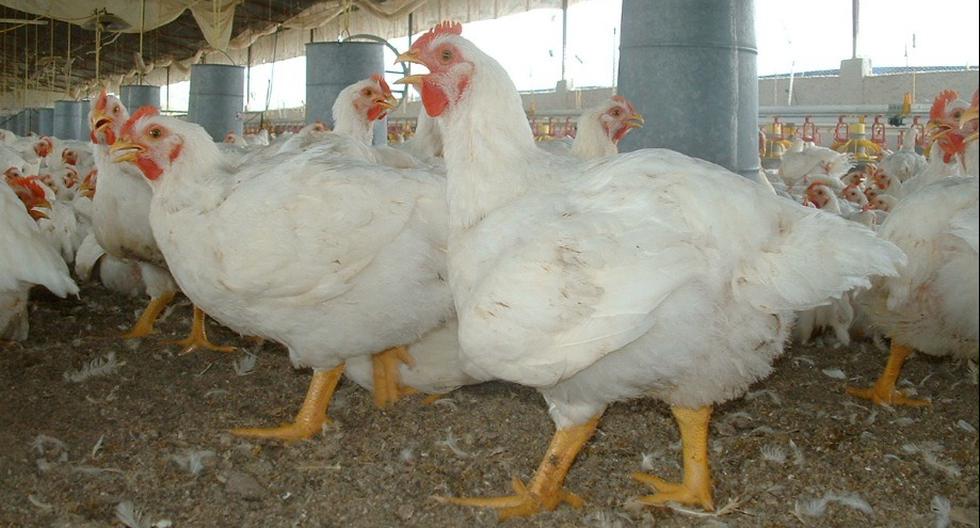The appearance of dead pelicans on the Peruvian coast, as a consequence of the so-called bird flu or Influenza (H5N1), which has even reached a farm, has raised concerns about the possible risk of consuming poultry and eggs. Although it is a myth, there are a series of recommendations that you should keep in mind.
The National Agrarian Health Service (Senasa), on November 24, declared a health alert for 180 days (until May 2023) after confirming the presence of avian influenza (H5N1) in Peru, a country known for its high consumption of chicken and that, in addition, is at the doors of the Christmas parties, where the star bird at dinner is the turkey.
Per capita consumption of chicken meat is around 58 kilos per year in Lima and 28 kilos nationwide, according to the Peruvian Poultry Association (APA).
According to Avisur, the per capita consumption of eggs was 243 units in 2021; while, as of June 2022, consumption reached 100 due to the rise in prices. However, these figures may be affected by the fear of contagion of the dreaded avian flu.
WHAT IS BIRD FLU?
Influenza A (H5N1), also known as bird flu, is an infectious disease that mainly affects birds and is caused by a virus from the Orthomyxoviridae family.
Depending on its subtype, it can be classified as low pathogenic or highly pathogenic, presenting different symptoms in infected birds. However, some highly pathogenic strains of avian influenza have the capacity to infect humans, posing a threat to public health. The disease can be deadly.
Wild birds have been affected by Influenza A(H5N1) (Photo: Senasa)
CAN I GET AVIAN FLU FROM EATING TURKEY, CHICKEN OR EGGS?
The National Forest and Wildlife Service (Serfor), given the fear of the population, ruled out the spread of influenza or avian flu in humans through the consumption of birds, such as chicken or turkey.
In this sense, he explained that the cooking process eliminates the virus and, furthermore, he explained that there is a strict process of health control on farms.
The biologist Lady Amaro, a specialist in marine fauna from Serfor, remarked that the contagion of avian influenza when it has occurred in humans is through direct contact with people on farms or hatcheriesbut not for consumption.
It is worth mentioning that regarding the purchase of turkey for the Christmas campaign, this bird does not pose any danger, since it is frozen and is sold formally.
TIPS FOR HANDLING AND COOKING POULTRY MEAT AND EGGS?
Because heat destroys avian viruses, cooked poultry does not present a health risk. However, it is important to take precautions when handling and preparing poultry that may be contaminated with salmonella or other bacteria. These are the recommendations of Mayo Clinic:
- Avoid cross contamination: use hot, soapy water to wash cutting boards, utensils, and all surfaces that have come in contact with raw poultry.
- Perform a full cook: cook the chicken until its juices are clear and until it reaches a minimum internal temperature of 165 °F (74 °C).
- Avoid raw eggs: Since eggshells are often contaminated with bird droppings, avoid meals that contain undercooked or raw eggs.
IN WHICH CASES IS THERE A HIGHER RISK OF CONTRACTING INFLUENZA A (H5N1)?
In accordance with MedlinePlusthe risk of contracting the bird flu virus is higher in the following cases:
- Work with poultry (like farmers).
- Travel to countries where the virus is present.
- Touching an infected bird.
- Entering a building with sick or dead birds, their feces, or litter from infected birds.
- Eating raw or undercooked blood, eggs, or meat from infected birds.
















